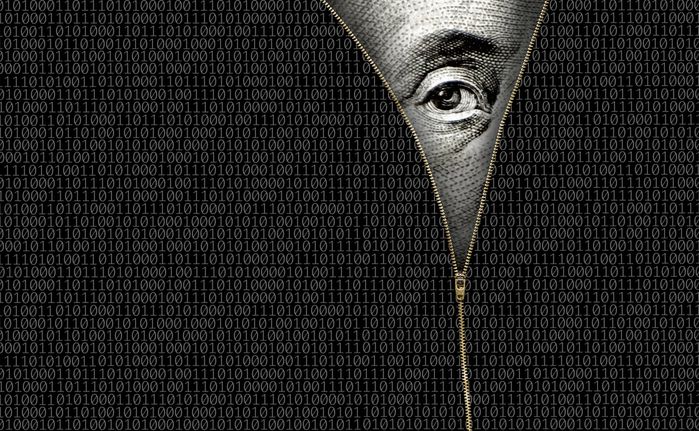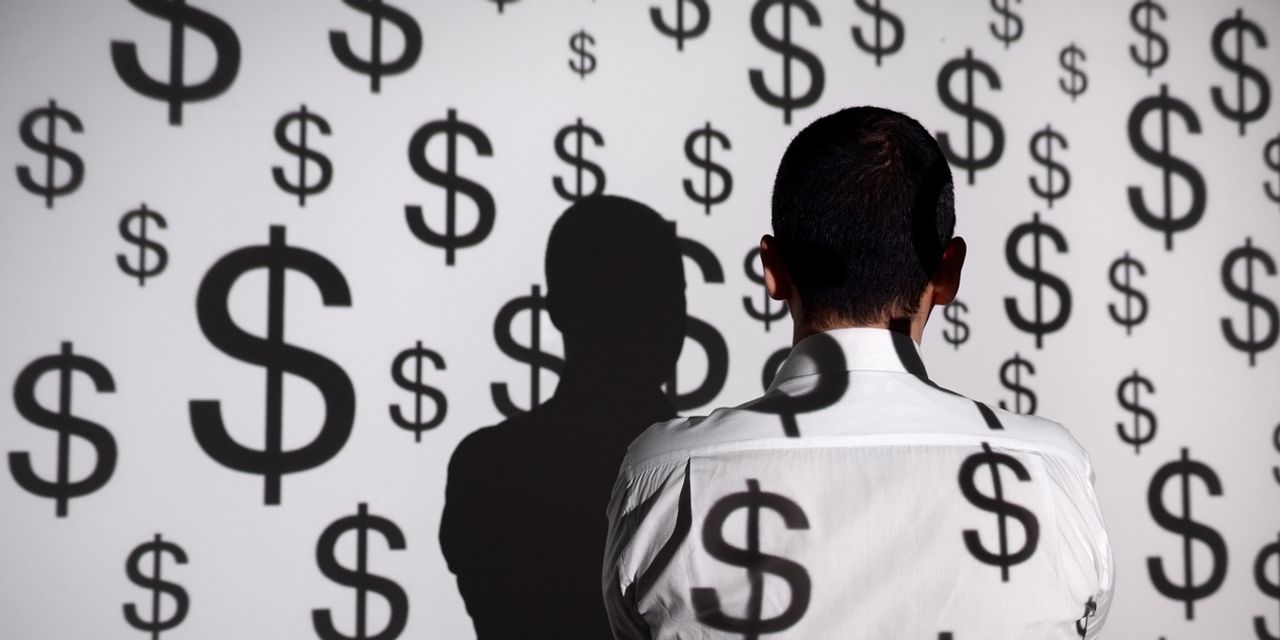Here’s a new argument for giving away your money instead of keeping it to yourself: you’ll generate measurably more happiness in the world.
People who received $10,000 cash gifts as part of a global experiment reported noticeable improvements in their well-being, especially if they were of modest means. But even relatively well-off people felt happier after receiving the windfall.
Those are some of the findings from a new study with some unusual elements, including an anonymous donation from a wealthy couple whose identity remains a secret, even to the researchers.
“Our data provide the clearest evidence to date that private citizens can improve net global happiness through voluntary redistribution to those with less,” wrote co-authors Elizabeth Dunn and Ryan Dwyer. Their study, “Wealth Redistribution Promotes Happiness,” was published in the latest edition of the Proceedings of the National Academy of Sciences.
“The study tracked happiness levels among 300 people in seven countries; 200 of them received surprise $10,000 cash gifts and 100 did not. ”
The study tracked happiness levels among 300 people in seven countries; 200 of them received surprise $10,000 cash gifts and 100 did not. People who got the money were instructed to spend it within three months on anything they wanted, though they weren’t allowed to park it in an investment account or use it for illegal activities.
Researchers checked in regularly with all of the participants, including the 100 who did not receive any money, monitoring their “subjective well-being” by asking open-ended interview questions unrelated to the money.
People who received the $10,000 “became significantly more satisfied with life” than the ones who didn’t get the cash, the study found. Recipients maintained their happiness gains through the end of the six-month study, “demonstrating that the cash had enduring benefits for well-being, even several months after the money had been spent,” the authors wrote.
Meanwhile, the people who didn’t get the money saw no change in their happiness levels.
Where cash transfers got the biggest return on investment
The happiness gains were most striking among recipients in lower-income countries. That finding may not sound all that surprising, but the study provided researchers with a unique opportunity to quantify the impact, Dunn said. By assigning point values to participants’ happiness levels, researchers found that the happiness benefit was three times greater for people living in lower-income countries who received the money compared to those in higher-income countries.
That calculation could be helpful for anyone interested in getting the most bang for their buck when they donate, Dunn noted, including followers of “effective altruism” — an evidence-based approach to charitable giving that focuses on making the maximum impact per dollar spent.
“You get a much bigger return on investment from a happiness perspective, a kind emotional ROI, from giving this money in lower-income countries,” Dunn told MarketWatch.
“ ‘By giving the money away, the millionaire couple generated 225 times more happiness than they would have gotten had they kept the money for themselves, concentrated in their own hands.’ ”
It was also true that people with household incomes up to $123,000 saw measurable improvements in their happiness after receiving the $10,000. “Given that 99% of individuals earn less than this amount, these findings suggest that cash transfers could benefit the vast majority of the world’s population,” the authors wrote in the study.
Of course, it’s possible that the wealthy couple who gave away their money felt a decrease in their own happiness when the money left their account; previous research has shown that even people who already have plenty of money lose some life satisfaction when they lose money, Dunn noted.
But that loss was likely far outweighed by the happiness gains that the recipients experienced. After tabulating participants’ happiness levels, researchers estimated that “by giving the money away, the multi-millionaire couple generated 225 times more happiness than they would have gotten had they kept the money for themselves, concentrated in their own hands,” Dunn told MarketWatch.

The social science experiment had an unusual origin story. It started when the wealthy donor couple contacted TED, the nonprofit organization that hosts speakers on a range of topics, with the idea of donating to individuals.
Getty Images/iStockphoto
Anonymous donors wanted to ‘contribute meaningfully to the science of human nature’
The social science experiment had an unusual origin story. It started when the wealthy donor couple contacted TED, the nonprofit organization that hosts speakers on a range of topics, with the idea of donating to individuals. The couple “wanted to give away a large sum of money and they wanted to do so in a way that wouldn’t just help people, but would also contribute meaningfully to the science of human nature,” TED founder Chris Anderson said in a video that was shown to participants.
Anderson contacted Dunn, a psychology professor at University of British Columbia and author of “Happy Money,” who had given a TED talk on generosity, to see if she wanted to study the experiment’s results. Dunn said she jumped at the chance in part because previous research on cash transfers focused mainly on lower-income recipients, but this was a chance to see how cash gifts affected people in a range of socioeconomic settings.
There were some limitations to the findings: the study focused on a limited period of time (six months, from March to September of 2021) and participants were recruited on Twitter and had to be English-speaking. All were well-educated and relatively liberal-leaning in their politics, but they came from a range of economic circumstances, with some struggling to make ends meet in lower-income countries and others making over six figures in the U.S. Recipients were located in the U.S., the U.K., Canada, Australia, Kenya, Indonesia and Brazil.
Some participants didn’t believe the ‘mystery experiment’ was real
Study participants knew only that they were signing up for a “mystery experiment” when they were recruited. The 200 who received the cash gifts were told about the surprise windfall in the video from Anderson, where he read a letter from the donor couple. But even then, some recipients didn’t believe it was real, Dunn said. One later said they didn’t believe the experiment was genuine until the money appeared in their bank account.
Some of the recipients were told to keep the money a secret; others were told to share the news with friends and family, and to tweet about the money. Searching Twitter for #mysteryexperiment appears to show some of these posts, with one recipient saying they bought a car for their sister, and another saying they splurged on expensive heirloom beans.
(Recipients and representatives of TED could not be reached for comment immediately. MarketWatch contacted nine people who appeared to be participants in the experiment, based on their tweets. They either declined to comment or did not respond.)
TED ran the study and shared the data with Dunn and Dwyer. Dwyer was a PhD student at University of British Columbia when he worked on the study; he’s now a senior researcher at the Happier Lives Institute, a U.K. nonprofit that studies cost-effective ways of improving people’s well-being around the world.
The findings come as direct cash transfers to individuals — both as a public policy and as a way of making charitable donations — is getting more attention. GiveDirectly, a nonprofit that sends money with no strings attached to people living in extreme poverty, is probably the best-known group using this donation method.
“My biggest fondest hope for this study is that people will copy it, that people will think it’s something they can do,” Dunn said. “It doesn’t need to be $2 million, even a much smaller amount of money can make a difference.”
Related:
The scientifically proven reason not to feel guilty about ordering takeout
